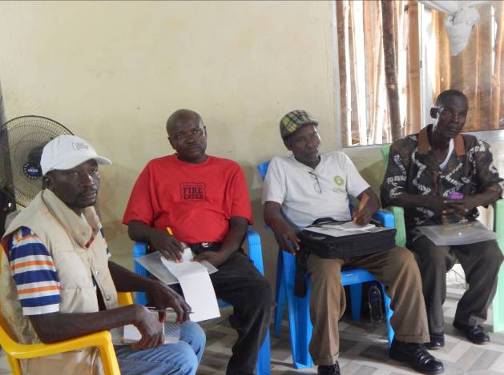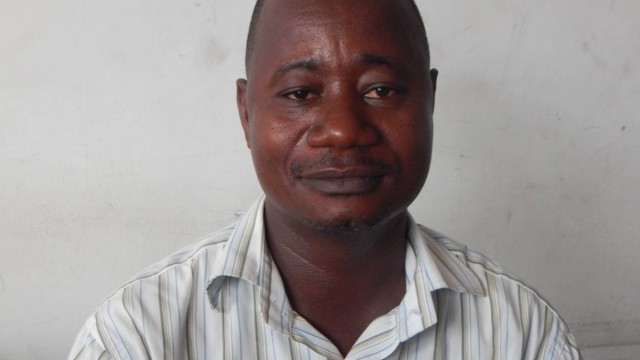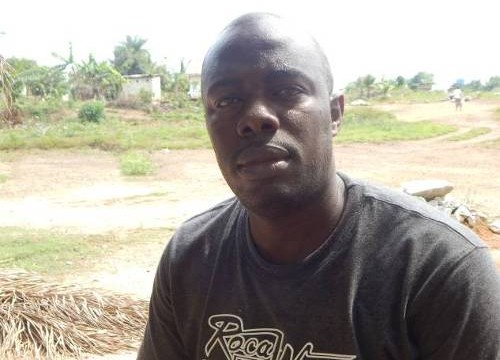MONROVIA, Montserrado – An investigation conducted by The Bush Chicken has established that psychotropic medications meant for persons with mental illness are not being prioritized by the Liberian government.
These psychotropic drugs include chlorpromazine, amitriptyline, carbamazepine, phenobarbital, fluphenazine, haloperidol, fluoxetine, imipramine, paroxetine, among others.
These medications can be useful in treating mental health patients suffering from disorders such as depression, bipolar disorder, anxiety, schizophrenia, drug-induced psychosis, and post-tramutic stress disorder.
Health officials say the increasing number of mentally ill persons being referred to various health facilities and psychiatry wards in Liberia is posing a serious challenge to health authorities because of the lack of psychotropic medications to adequately address their needs.
There are no reliable records on the number of persons with mental illness in Liberia, but recent statistics from the country’s only referral mental health hospital, E. S. Grant, for the month of February states that there were 376 patients admitted to the hospital.
The National Drug Service, which manages the supply of drugs in the country, does not have any monitoring mechanism in place for mental health drugs in the country. In some cases, some of the psychotropic medications are dispatched to counties where they are not needed and they stay there for several months.
Psychotropic medications are listed on the NDS essential list, but are not prioritized by the government of Liberia during the procurement of drugs every year.
While the prices of these mental health drugs change according to the vendors, health officials said psychotropic drugs in stock at the NDS were expensive to procure. A can of chlorpromazine containing 1000 tablets is sold at US$47.10, amitriptyline which has 1000 tablets of 25mg each for US$18.36, carbamazepine which has 1000 tablets of 200mg each is also sold for US$46.41, and phenobarbitone which contains 1000 tablets of 100mg each is sold at US$66.70.
In some instances, the government would purchase only one can of each mental health drugs due to the high cost.
Joseph S. Quoi, a pharmacist at the Mental Health Unit of the Ministry of Health, said mental health services have increased across the country because of training conducted with clinicians by the government to better integrate mental care into primary health care.
“Service delivery points across the country for persons with mental illness have increased due to the huge influx of mental health patients to various health facilities across the country,†he said.
However, he said the lack of medication means that many of the increased number of mental health patients are not receiving proper treatment.
He said mental health drugs form part of the procurement of essential drugs list for Liberia but the government gives more attention and funding to anti-malaria drugs because malaria is the leading cause of mortality in Liberia.
Quoi pointed out that a can of phenobarbitone, used to treat mental health patients is more expensive than 5 cans of doxycycline, one of the more prevalent antimalarial drugs.
Though Quoi said he is not directly involved in the procurement process of drugs at the NDS, he said the government is making an effort at procuring more psychotropic drugs for mental health patients across the country.
“The issue about the awareness on mental health activities in Liberia is not the same as in the past,” he said, suggesting that there is more awareness about the issue.
Quoi did not have the exact quantity of psychotropic medications currently in stock at the NDS, although he complained that the one can of each psychotropic medication procured by the government is insufficient due to the growing number of patients being attended to by the health facilities.
Quoi did not state how regularly the government procures psychotropic medications but said the last huge consignment of mental health drugs was brought into the country in 2012 at the cost of US$100,000.
He added that mental health technicians at the Ministry of Health in 2015 did a cost estimate of needed psychotropic medications in partnership with UNICEF, and that “the drugs are expected in the country very soon.”
Some of the drugs currently in high demand are carbamazepine and haloperidol. Carbamazepine treats bipolar disorder while haloperidol works to treat schizophrenia.
He said officials of the Mental Health Unit at the Ministry of Health are engaging the government to increase the quantity of psychotropic medications to enable them to meet the demands of mental patients.
He stated that the only means of addressing the issues of mental health in Liberia are when the Mental Health Unit is able to get partners that will be responsible for the procurement of psychotropic medications on time.
“The Mental Health Unit currently does not have any partner to support and supply these drugs to it,†he said.
“Most of the mental health drugs are donated by donors such as Medecins du Monde, Africare and UNICEF,†he said.
Dyonah Thomas, Project Coordinator for the Carter Center Mental Health Program, said staff at the program were concerned about the lack of mental health drugs at the various health care facilities in the country.
“The lack of mental health drugs in the country is worrisome,†Thomas said. He also hopes that those institutions responsible will take the issue seriously.
Featured photo courtesy of Zeze Ballah





